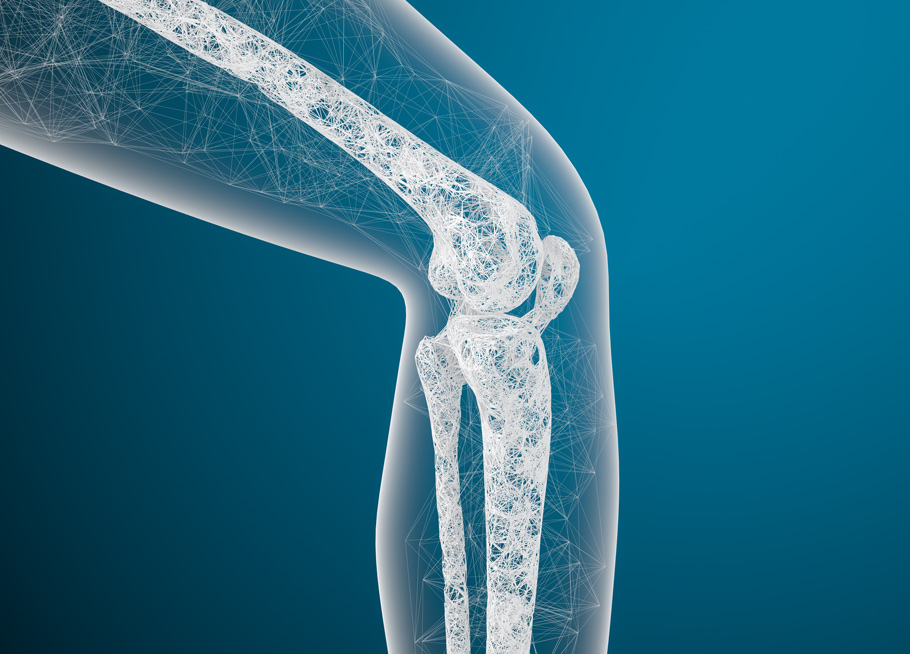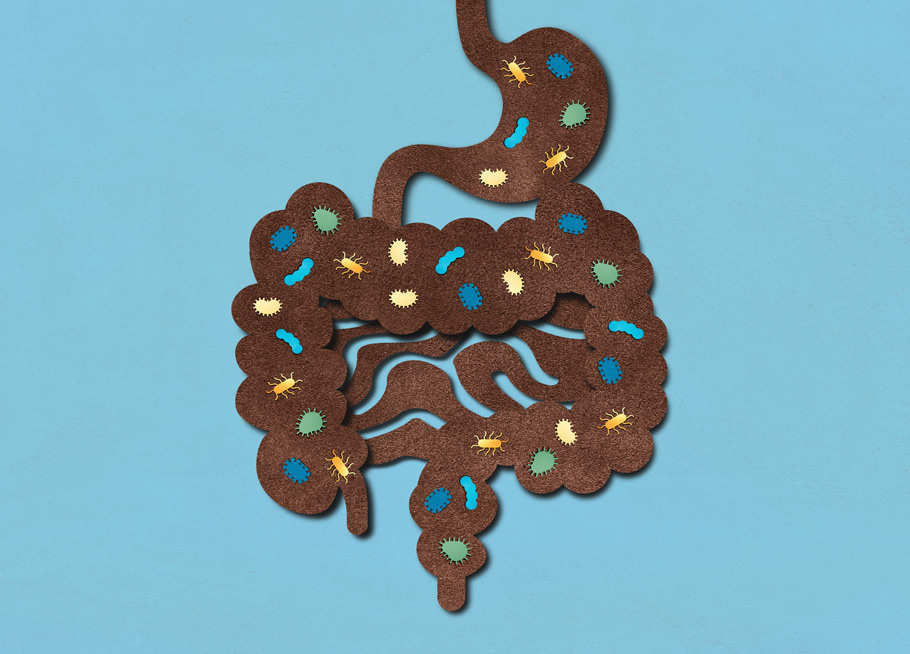
Psoriatic arthritis is a chronic condition that affects many individuals across the UK. With advancements in medicine, many ask: can psoriatic arthritis be cured?
Quick Overview
In short, the answer to whether psoriatic arthritis can be cured is:
No, there is no cure for psoriatic arthritis
However, with effective treatment, many individuals can manage symptoms and lead fulfilling lives.
What is Psoriatic Arthritis?
Psoriatic arthritis is an autoimmune disease characterized by inflammation of the skin and joints. It typically occurs in individuals with psoriasis, an ailment that causes red, patchy skin with silvery scales.
The Impact of Psoriatic Arthritis in the UK
In the UK, thousands of individuals are diagnosed with psoriatic arthritis each year, impacting their quality of life and ability to perform daily activities.
Current Treatments and Management Strategies
While a cure remains elusive, treatments focus on managing symptoms and slowing the progression of the disease. These include:
- Nonsteroidal anti-inflammatory drugs (NSAIDs)
- Disease-modifying antirheumatic drugs (DMARDs)
- Biologics
- Physical therapy
The Role of Medication
Medications play a pivotal role in managing psoriatic arthritis. DMARDs, for example, can slow disease progression and prevent joint damage.
Lifestyle Modifications
Alongside medication, lifestyle changes are recommended. Regular exercise, a balanced diet, and stress management are all beneficial.
Advancements in Treatment
Research is ongoing into new treatments. Biologics have transformed the management of psoriatic arthritis, offering hope for better symptom control.
Future Perspectives
As research continues, there is hope that one day a cure will be found. For now, the focus remains on improving quality of life through existing treatments and lifestyle adjustments.
Support and Resources
Support groups and resources are available for those affected by psoriatic arthritis, providing valuable information and community support.
Conclusion
In conclusion, psoriatic arthritis currently has no cure, but with proper treatment and lifestyle changes, individuals can manage the condition effectively. Ongoing research continues to offer hope for the future.
Article by Dr. Naveen Bhadauria



